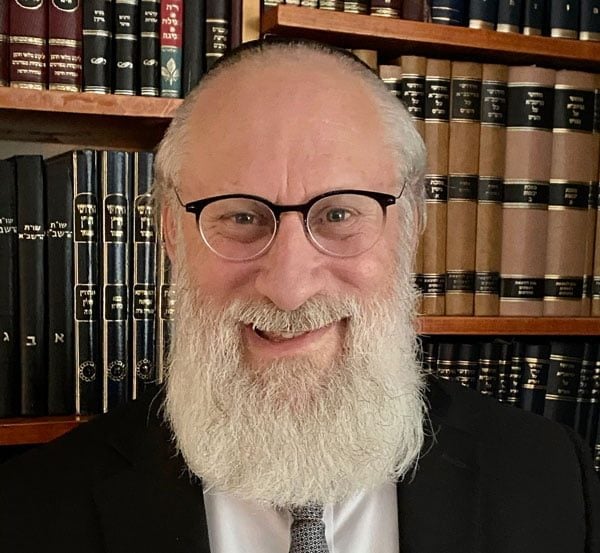Ask the Rabbi: Selichos. By Rabbi Yerachmiel D. Fried

Ask the Rabbi: Selichos. By Rabbi Yerachmiel D. Fried
Dear Rabbi Fried,
I have seen in some of the synagogue updates that this coming Saturday night they are beginning to say “Selichot”, which is something I’ve never heard of before, (and I thought I’ve heard it all!). Could you please explain?
Brian T.
Dear Brian,
During the Jewish month of Elul, the month which precedes Rosh Hashanah, it is customary to Jews to engage in a unique prayer service called Selichos, or Selichot. The word “Selichos” is the plural of the Hebrew “selicha”, meaning an apology. This is a special prayer service which we recite in order to bring ourselves to Teshuva, or repentance, and recite the “vidui” confession. This is our way of apologizing to G-d for our wrongdoings.
There are two prevalent customs regarding this prayer. The custom among Sephardic Jews is to recite these prayers early in the morning during the entire month of Elul. The Ashkenazic custom is to recite them the Saturday night, or early Sunday morning, preceding Rosh Hashana. (This is if there are at least four days in the week preceding Rosh Hashana. If there are less than four days in that week to be able to recite the prayer at least 4 times before Rosh Hashana, we push it back to the Saturday night of the previous week, as we do this year).
There are a number of reasons why the month of Elul is synonymous with repentance. For one, it is in preparation for Rosh Hashana, which begins the 10-day period known as the “10 days of Teshuva/Repentance”, culminating in Yom Kippur. Preparation is key in getting the most meaning out of a spiritual time, and the month preceding Rosh Hashana is that opportunity.
During that entire month, both Sephardic and Ashkenazik Jews sound the Shofar blast every morning in synagogue, for the same reason. The sound of the Shofar is said to awaken one to recognize their shortcomings and to perform Teshuva.
Another reason is that on the first day of this month Moshe ascended Mt. Sinai for the final 40 days to atone for the sin of the golden calf. While he was on the mountain praying for the Jews, the entire nation engaged in repentance, with the Shofar blown daily, to join Moshe in his prayers. Those 40 days ended on the first Yom Kippur, the day G-d atoned their sin while accepting their repentance. That Yom Kippur is the day He presented Moses with a second chance with the giving of the second tablets.
There is, furthermore, a verse in Deuteronomy which contains a subtle hint to this custom and gives us hope for the future. The verse says that, in the end of days after the Jews will all return to the service of G-d, He will “cut away the foreskin of the heart from the Jews and their offspring”, opening up their hearts for holiness and spirituality forever, (Deut. 30:6). In the Hebrew of that verse there is a hint to the month of Elul, and the commentaries point out that this is a further source of this custom of Selichos during the month, (see Baal HaTurim loc. cit.).
This is a source of hope for our people that a time will come when we shall all repent and it will be accepted by G-d, granting us eternal peace and connection in Messianic times.
May we merit to see this soon!




